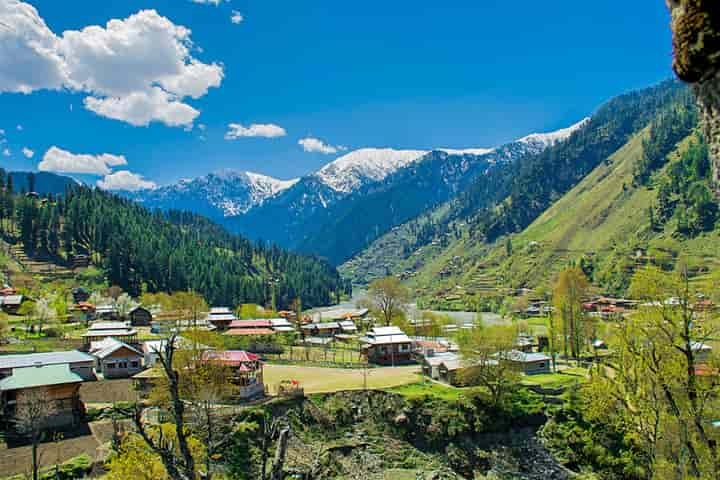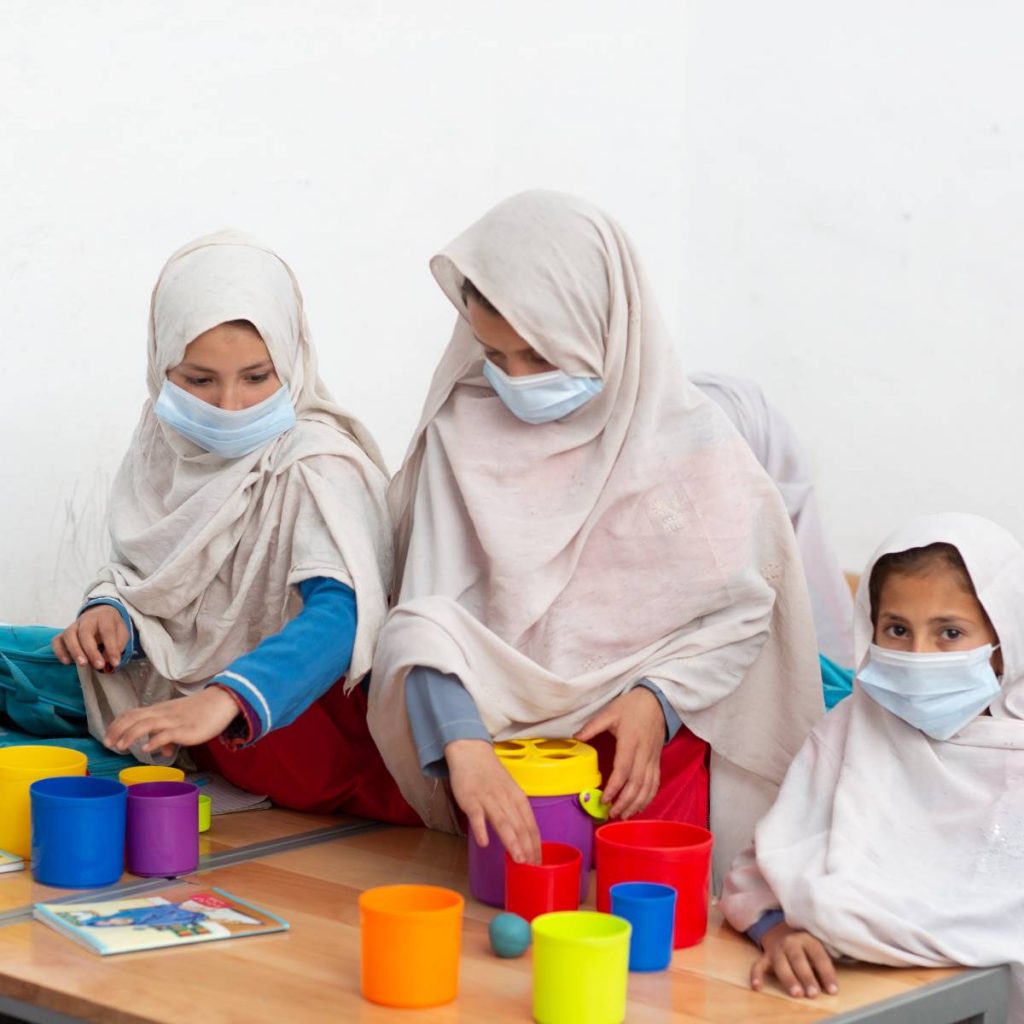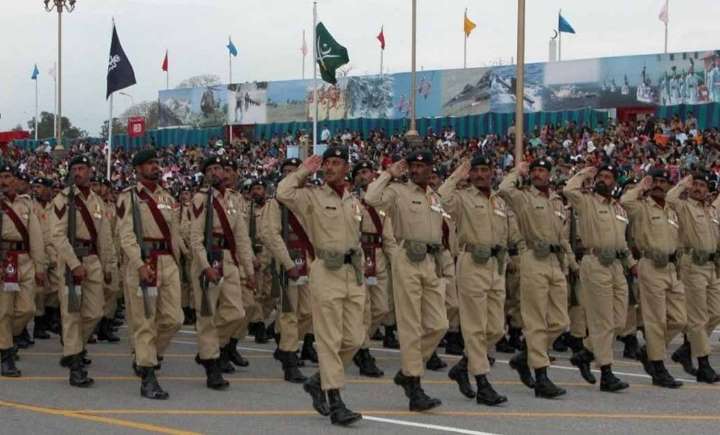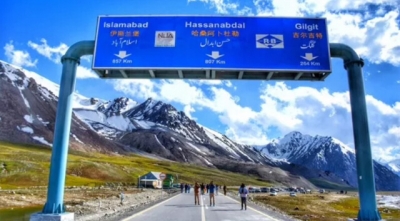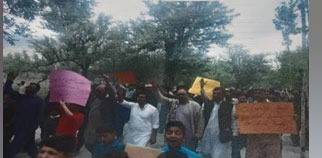Calamities due to climate change is not a new problem in Gilgit-Baltistan, the area frequently faces climatic hazards that are caused by the destruction of local ecosystem….reports Asian Lite News
The outburst in the Hussaini-Ghulkin Glacier, situated in Gilgit-Baltistan, has now become a problem for the locals. As the flooding of the glacier started, a landslide blocked the Karakoram Highway (KKH) near Hunza in Gilgit-Baltistan.
According to the accounts of the residents, the flooding, which started on Saturday at midnight, continues and has damaged many critical water supply lines. This now creates a problem of survival for the local people, as the agriculture in the area gets affected due to the lack of water, which is a major source of income for the locals.
A resident from Hunza stated, “Our supply routes have been damaged, and the water network for our village now remains non-functional. We demand that the local administration must take action in due time so that the local community remains undisturbed.”
“There is a huge possibility that this problem which started due to climate change and the destruction of the local ecosystem will grow in the near future. Up till now, the water has not turned its way towards the residential areas, but there is no assurance that this would not happen. Hence, we demand Glacial Lake Outburst Flood (GLOF) related departments to take this matter seriously,” he added.
Calamities due to climate change is not a new problem in Gilgit-Baltistan, the area frequently faces climatic hazards that are caused by the destruction of local ecosystem. Previously, the Abbottabad area near Muzaffarabad in Pakistan-occupied Kashmir (PoK), faced a massive forest fire, which destroyed the Olive forests of PoK.
The forest fire had spread over large areas and remained unattended, turning hundreds of tonnes of priceless olive wood into ash creating massive clouds of smoke.
A local resident of the area, Sajjad Naqvi, explained the issue, saying, “This is the result of mere foolishness, nuisance, and ignorance of some uneducated individuals who don’t understand the massive impact their actions could cause. These forest fires are not only destroying the natural vegetation and the land resources but are also destroying the ecosystem for animals.”
Naqvi also stated that these forest fires have also impacted the cycle of rain in the area causing severe problems for the local people.
“The people just try to protect their own houses, they do not care if the whole forest gets burnt down. And the forest fire cannot be controlled, as no system of fire brigade has been established here. Not even the authorities are worried or care about this forest fire. This is just a matter of consideration all of us should consider that we need these forests for everything,” he added. (ANI)

